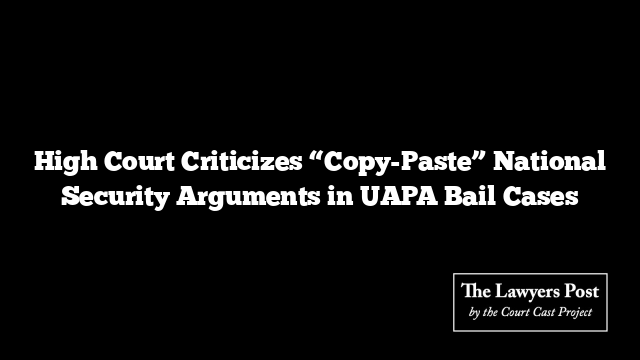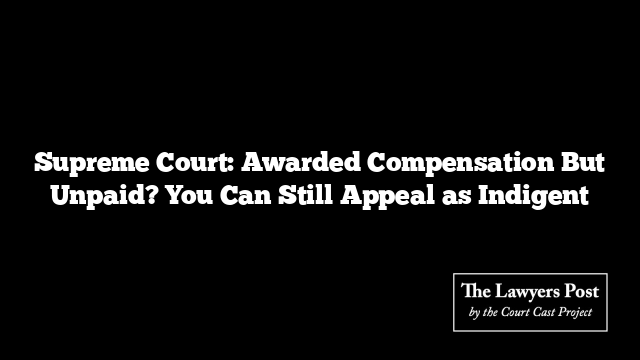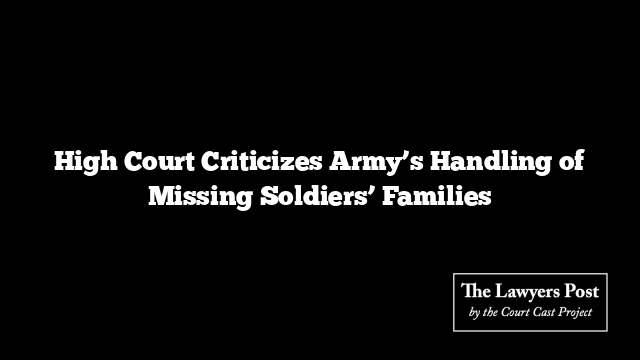In a significant judgment, Justice Atul Sreedharan of the Jammu and Kashmir High Court has criticized the use of repetitive and generalized arguments by the government to oppose bail in Unlawful Activities (Prevention) Act (UAPA) cases. The judge’s remarks came while granting bail to a man accused in a 2013 UAPA case.
Justice Sreedharan observed that the government often resorts to invoking national security, radical Islamism, and connections to Pakistan without presenting specific evidence against the accused. Such “copy-paste” arguments, he noted, are employed to intimidate the Court rather than provide substantive proof.
“These arguments that the offense is heinous, that releasing the accused would harm national interests, or that the accused would influence the judicial process, are standardized in UAPA cases,” Justice Sreedharan stated in his April 19 order.
In the case at hand, the government emphasized national security concerns and alleged the accused’s links to Pakistan and radical Islamism. However, Justice Sreedharan highlighted that these broad allegations cannot be the sole basis for denying bail in the absence of concrete evidence.
“Rejecting a bail application solely on the forceful submission of internal security, without any material evidence against the accused, is a recipe for miscarriage of justice,” he warned. Relying on such unsubstantiated claims leads to an oppressive application of the law and denies the accused their liberty without judicially cognizable material.
Justice Mohammad Yousuf Wani, in a separate concurring opinion, agreed that the accused should be released on bail but did not endorse Justice Sreedharan’s critical remarks about the standard arguments used by the government.
The accused, initially arrested in 2013, was re-arrested in 2022 after new charges were filed. Despite the trial court rejecting his bail plea, the High Court found no prima facie case against him, noting the absence of independent witness statements or material evidence linking him to the alleged activities.
The court’s decision to grant bail underscores the importance of specific evidence over general allegations in ensuring justice in UAPA cases.





